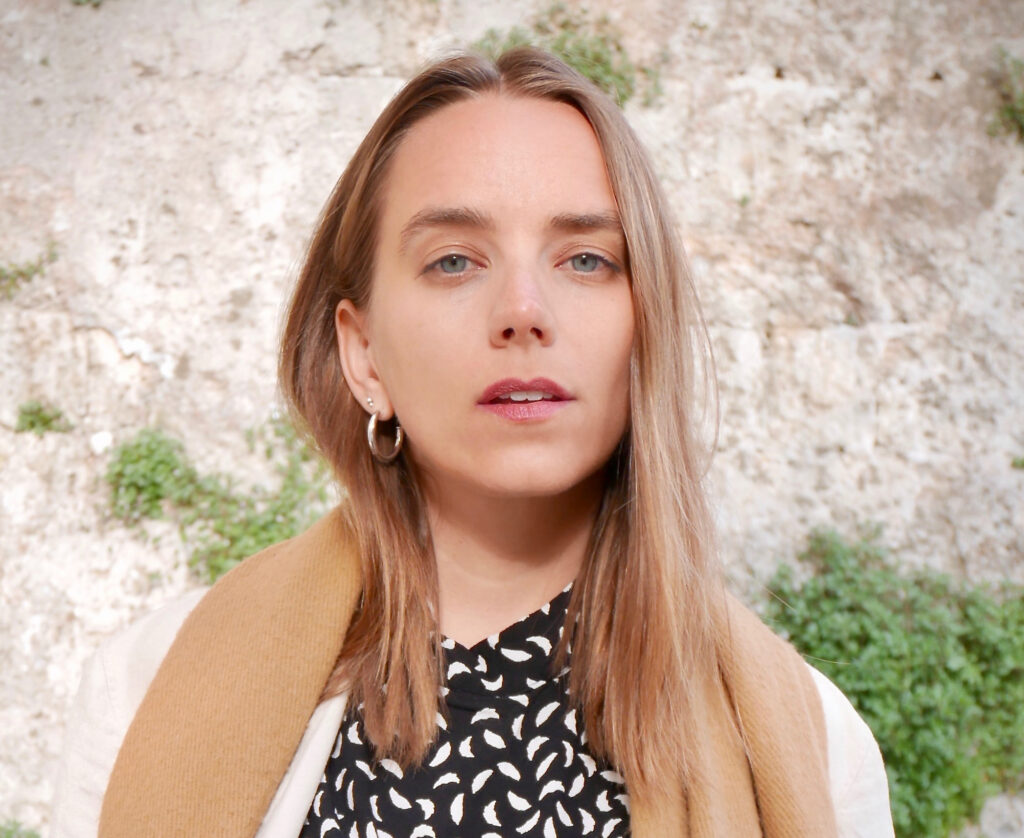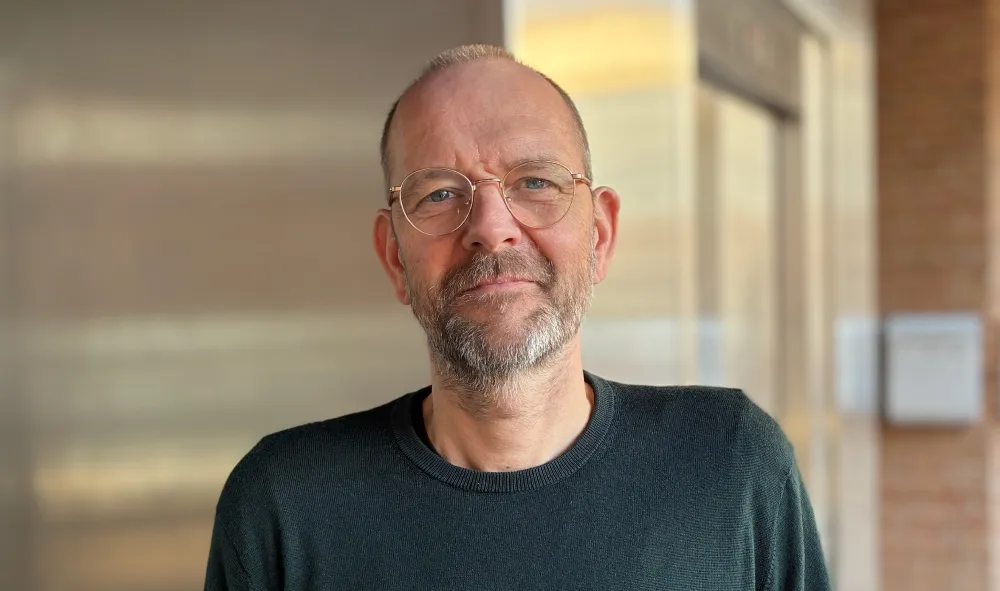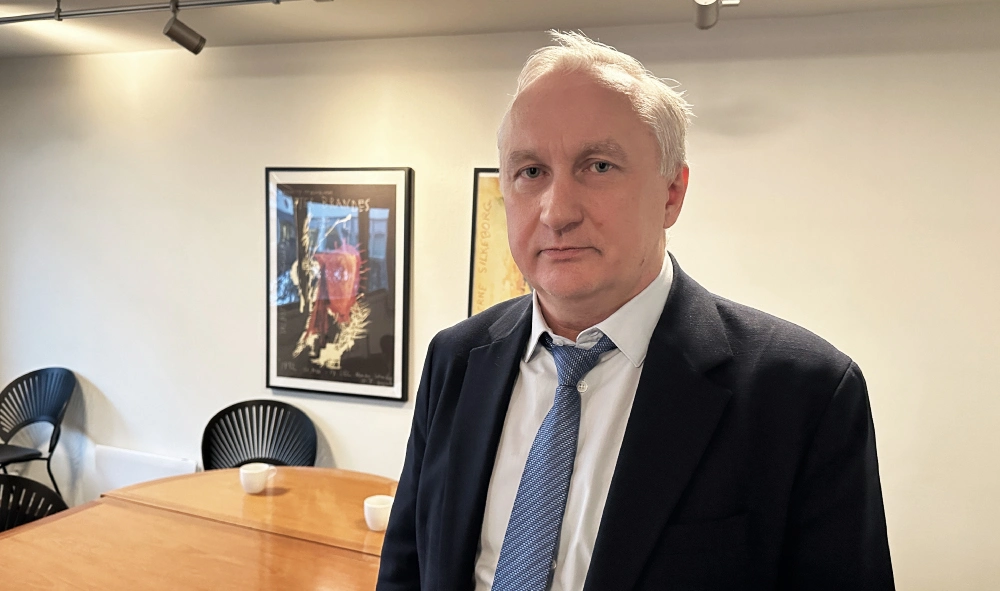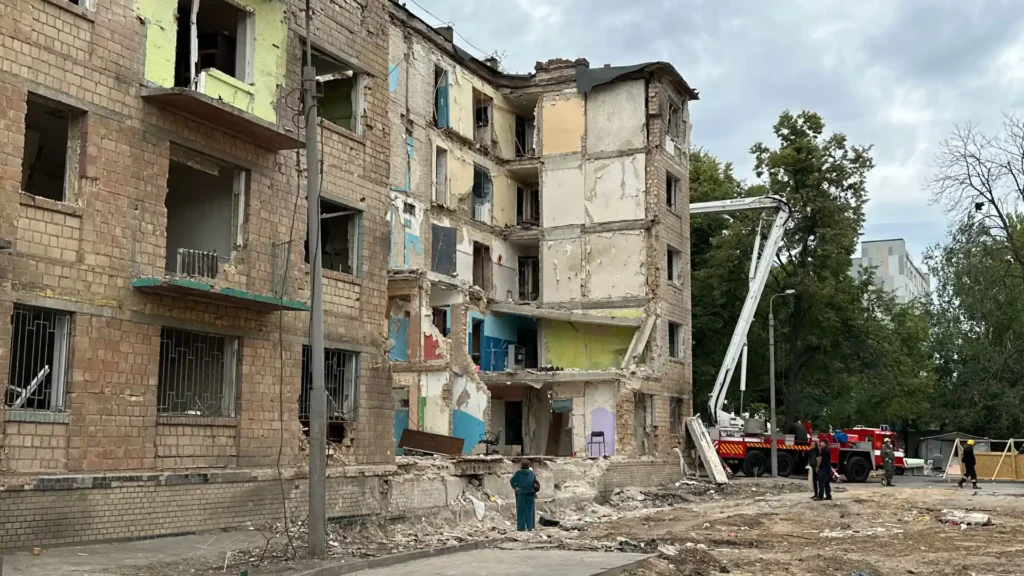Alexandra Lily Kather has interviewed Syrian torture survivors and gathered evidence against high-ranking Syrian officials since 2017.
»I hope more States will introduce broad universal jurisdiction frameworks so that investigations and prosecutions in third States further advance and that transnational cooperation in the fight against impunity for international crimes, such as crimes against humanity is enhanced«, says Alexandra Lily Kather who has just taken up a position at DIGNITY as Legal Advisor.
Alexandra Lily Kather has several years of experience in collecting and analysing evidence of international crimes. From 2017 and until recently she worked for the European Center for Constitutional and Human Rights (ECCHR) in Berlin, where she gathered information on crimes against humanity committed in Syria since 2011 for the use of investigation and prosecution of suspects of torture and sexual violence in Germany.
Germany‘s implementation of the principle of universal jurisdiction entails that, with respect to international crimes, German prosecution authorities can investigate and prosecute suspects, irrespective of where the crime was committed and irrespective of the nationality, the country of residence or presence of the suspected perpetrator. In other words, prosecution can be initiated in Germany, although the crime has no connection to Germany.
Other countries, such as France and the Netherlands, have a narrower approach and require, inter alia, that the suspect is present on the territory of the State, before initiating investigations or prosecution.
As a lawyer at ECCHR, Lily has interviewed scores of persons from Syria who have survived torture and sexual violence. They have described how they were exposed to arbitrary arrest and detention and other serious human rights violations by the Syrian regime. In total, the ECCHR is working with around 100 Syrian torture survivors and witnesses since 2017, most of whom reside in Germany or elsewhere in Europe.
The Koblenz trial
Some of the witness statements, which the ECCHR has gathered, have played a decisive role in the so-called Al-Khatib-trial, which concerns a low-ranking officer in the Assad security service. In February of this year, the officer was convicted of aiding and abetting in the commission of crimes against humanity, and he was sentenced to four and a half years of prison.
In the autumn of 2021, Court is expected to hand down a judgment in relation to the principal defendant in the Koblenz case, who is a high-ranking officer within the Syrian security apparatus.
Applying the principle of universal jurisdiction is the only way in which to prosecute suspects involved in torture from Syria, as long as Bashar al-Assad remains in power. Syria has not acceded to the Rome Statute of the International Criminal Court (ICC), and referral of the situation to the ICC by the United Nations Security Council is not possible due to veto by permanent members Russia and China.
Already in December 2011 the office of the German federal public prosecutor general, Generalbundesanwalt in Karlsruhe, initiated a so-called structural investigation into international crimes against unknown suspects committed in Syria since the uprising in March 2011. Since then, the federal public prosecutor and the federal police, Bundeskriminalamt in Meckenheim near Bonn, have collected evidence of war crimes and crimes against humanity committed by Syrian officers under Assad.
Some of the leads stems from the German asylum authorities and information they obtained during interviews with torture survivors as part of their asylum procedure. Other material has been collated and handed over to the prosecution authorities by civil society organizations such as the ECCHR, Syrian Archive or Open Society Justice Initiative.
Cooperation with the Exile community
»Important witnesses have been identified in collaboration with the Syrian exile community in Germany and elsewhere in Europe and Syrian human rights lawyers, including two who worked directly for the ECCHR. Furthermore, witnesses were referred from rehabilitation centres for torture survivors«, says Alexandra Lily Kather, who has seen the remarkable difference in working together with survivors who have had rehabilitation and those who have not.
»When you interview torture survivors, who are receiving or have received torture rehabilitation, the risk of re-traumatisation is considerably lower. At the same time, there is greater awareness about trauma and its physical and psychological manifestation as consequences of torture«.
German police and prosecution authorities are dependent on assistance from non-governmental organisations such as ECCHR. The German prosecution authorities only have a handful of prosecutors within its specialised unit, and respectively the police merely have 30 investigators in total to investigate and prosecute war crimes, crimes against humanity and genocide.
»The authorities that investigate and prosecute suspects of international crimes have limited resources and they are not necessarily able to follow up on all the information they receive. It is therefore crucial that civil society organisations contribute in this process«, explains Alexandra Lily Kather.
Witnesses should feel safe
»Half of my work was devoted to interviewing witnesses and to undertaking legal and investigative work. The other half was centred around gaining the trust of the survivors, ensuring their safety and access to available psycho-social support structures«, explains Alexandra Lily Kather.
»It certainly can mean a lot to approach a state institution in confidence, explain one’s story and be believed when another state authority has harmed one tremendously«, says Alexandra Lily Kather. However, not all torture survivors feel safe and sound, when they enter a German police or court building.
The safety and security of the witnesses and the respect for their rights are crucial in such processes, often supported to be upheld by the work of civil society organisations. In an earlier German court case against two leaders of the Rwandese FDLR militia, who were convicted in 2015 of crimes against humanity committed in the Democratic Republic of Congo (DRC) in 2008-09, several of the witnesses had no information about their rights at the German court in Stuttgart, which was highly criticised.
A part of the ECCHR’s work with the Syrian witnesses has consistently ensured that witnesses are familiar with their rights under German law and were accompanied by a lawyer through all stages of the investigations and prosecutions.
A politicised tool
Alexandra Lily Kather cautiously reflects on universal jurisdiction as a ‘political tool’.
»We see that charges are pressed against representatives of the Assad regime, Islamic State and other non-state actors. By contrast, the principle is not used in relation to crimes in countries where Western government are involved or have geopolitical or other interests«, says Alexandra Lily Kather and mentions examples, such as Afghanistan, Libya, Egypt, Iraq, Sudan, Sri Lanka and Yemen.
The fact that Germany has chosen to spearhead the use of the principle of universal jurisdiction, as compared to other states, is not a coincidence. The term ‘crimes against humanity’ was born under the Nuremberg Trial against the greatest Nazi war criminals in the aftermath of the Second World War, and Holocaust has in the post war period given Germany a particular role in the fight against torture, inhuman treatment and other international crimes.
»These are some of the reasons why Germany has adopted one of the broadest universal jurisdiction frameworks, which allow for the investigations and prosecutions of international crimes without any direct link to Germany. Equally it is very important that proceedings under the principle further international criminal law jurisprudence and do not fall behind it«, explains Alexandra Lily Kather.





